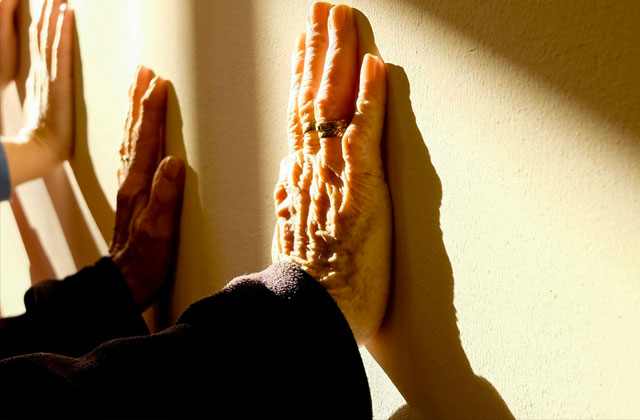Seniors Suffer From Depression, Too
Though perhaps more commonly associated with teenagers, depression can be a serious issue among older people, as well. And while not every senior among us suffers from serious depression, when it does happen, it can also be quite hard to detect.
Cases of depression when seen in the elderly may be masked by other symptoms or the condition may simply be missed because you don’t spend enough time with your senior loved ones. Here are some ways to recognize the signs of depression in seniors and how you can support them through challenging times.
Signs of Depression in Seniors
- Claims of physical pain
Seniors themselves are often poor at noticing or reporting their depression. They may say they are not sad at all, and interpret their depression as lack of energy, headaches or arthritis pain. If a senior complains of pain frequently where there is no apparent cause, it will often be an issue of depression.
- Constant feelings of despair
Sadly, seniors often have things to feel legitimately sad about. Grief is a frequent companion of the elderly, whether it’s the loss of a loved one, of your health, your career, or your lifestyle. But grief is a roller coaster—you have good days and bad days, and hopefully, your grief eventually subsides to a dull ache and you can go back to enjoying life. With depression, instead it’s bad day after bad day with little relief.
- Cognitive decline
While there are medical reasons for cognitive decline in seniors, especially dementia, cognitive decline in depressed seniors presents differently. With dementia, the decline happens slowly and the individual may become confused and disoriented about time and place.
People who are depressed may suddenly experience cognitive difficulties and may struggle to concentrate or remember things, but they still know who and where they are and are aware that they are struggling cognitively.
How You Can Help Seniors to Cope With Depression
If you notice your senior loved one seems to be exhibiting symptoms of depression, there are a few things you can do to help, including:
- Acknowledge Their Symptoms
It’s easy to dismiss a depressed senior as just a “cranky grump,” or a “chronic complainer,” but there’s a big difference between the occasional elderly gripe and a serious mood problem. Make sure the senior in your life feels heard and let them know you understand that they are going through something significant and trying.
- Talk About Their Feelings
Listen to the senior in your life about how they are dealing with feelings of sadness and loss and what it means to them. Don’t try to solve all their problems, but do let them know they have someone to talk to.
- Don’t Take Away Their Independence
As we get older, there will be many things that we have difficulty doing for ourselves the way we used to. But hopefully there will still be many things we can do and enjoy on our own. Don’t take that away from your senior loved one, even if it seems easier or nicer. Let them have as much of their independence as possible.
- Remember That Depression Is an Illness
Don’t tell your senior loved one to just “buck up,” or “get over it.” Help them get the treatment they need, whether it’s medication, talk therapy, other types of therapy, or a combination of these.
For more information on helping seniors live more independent, fulfilling lives, visit the Golden Placements blog regularly.







